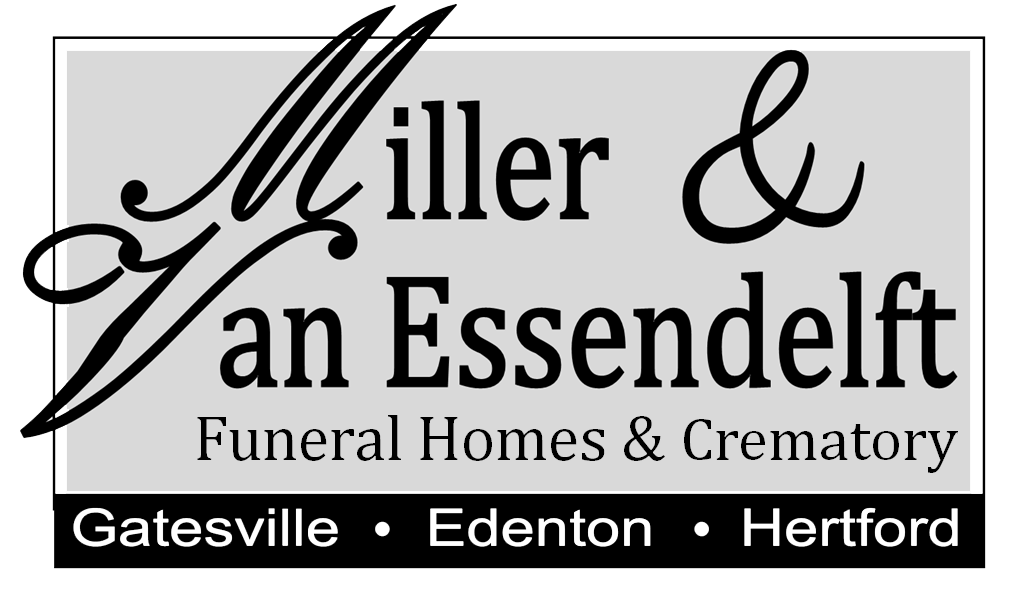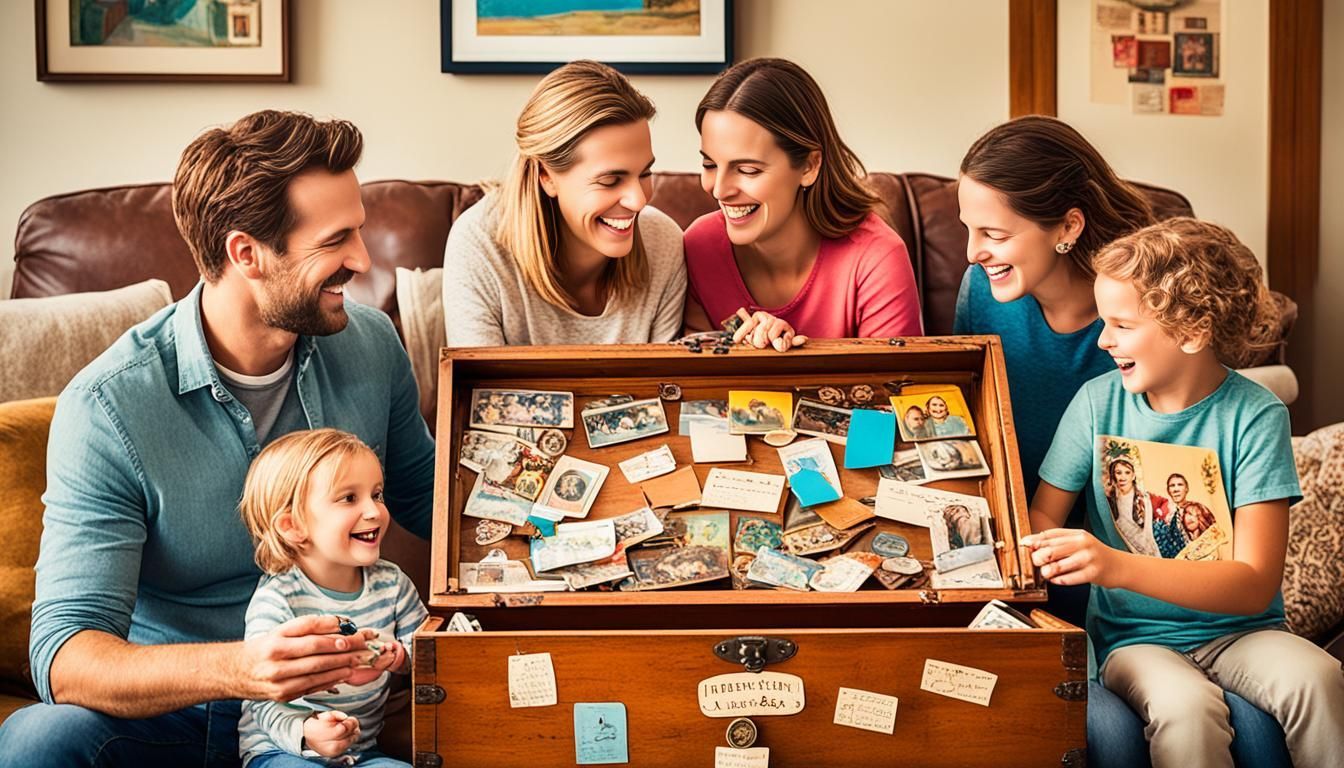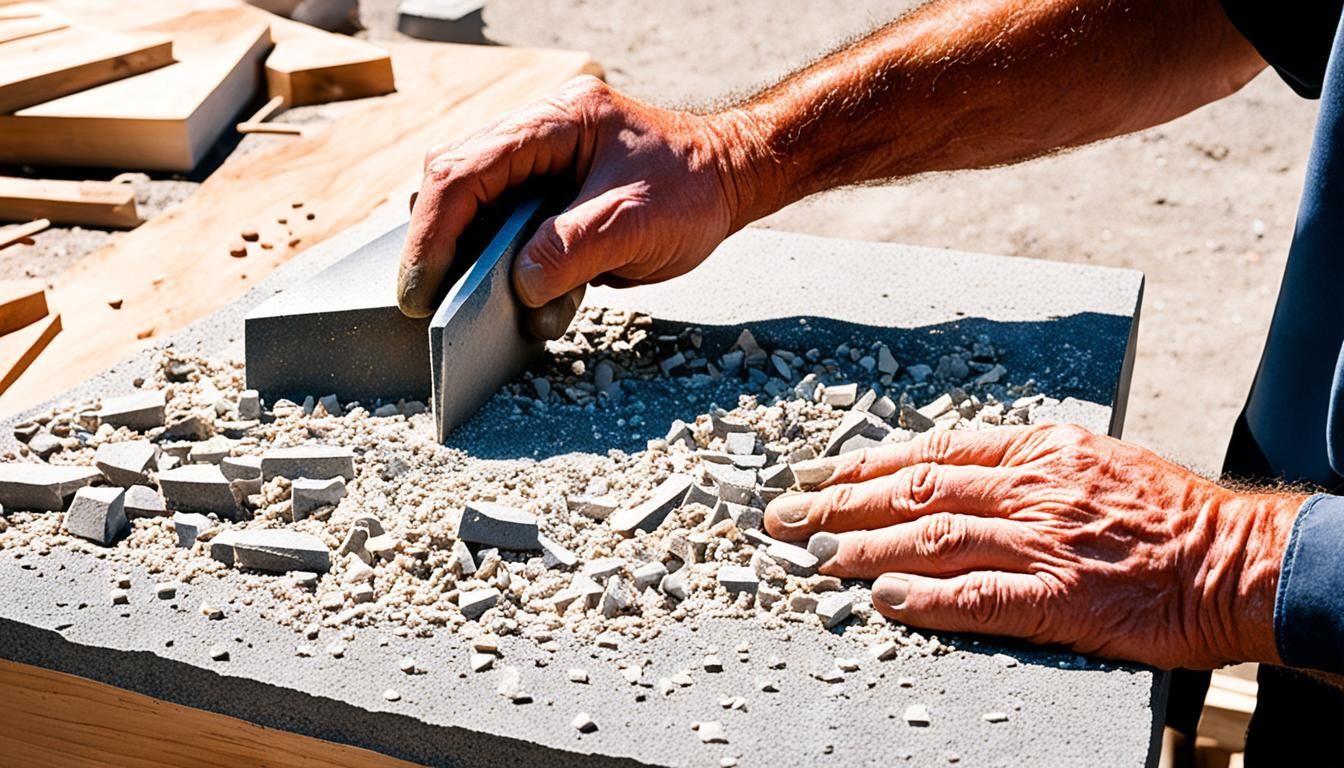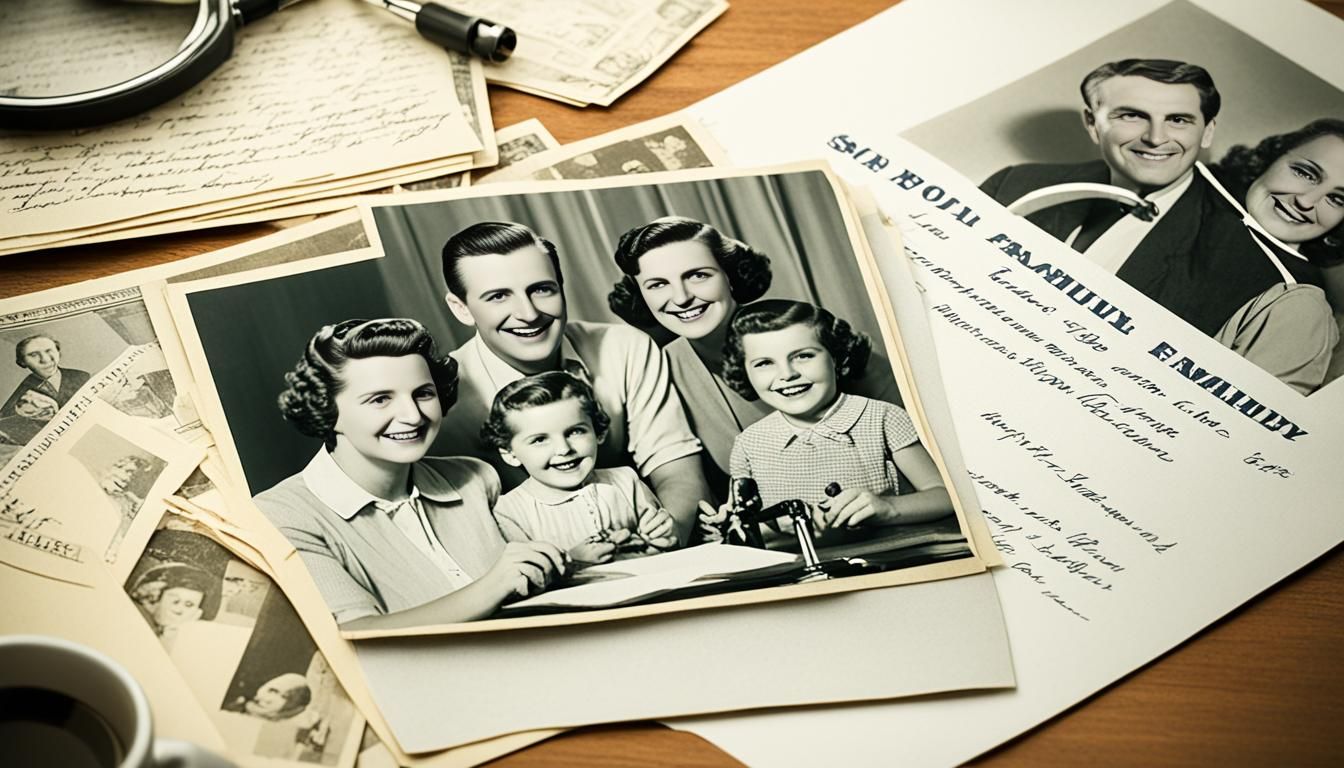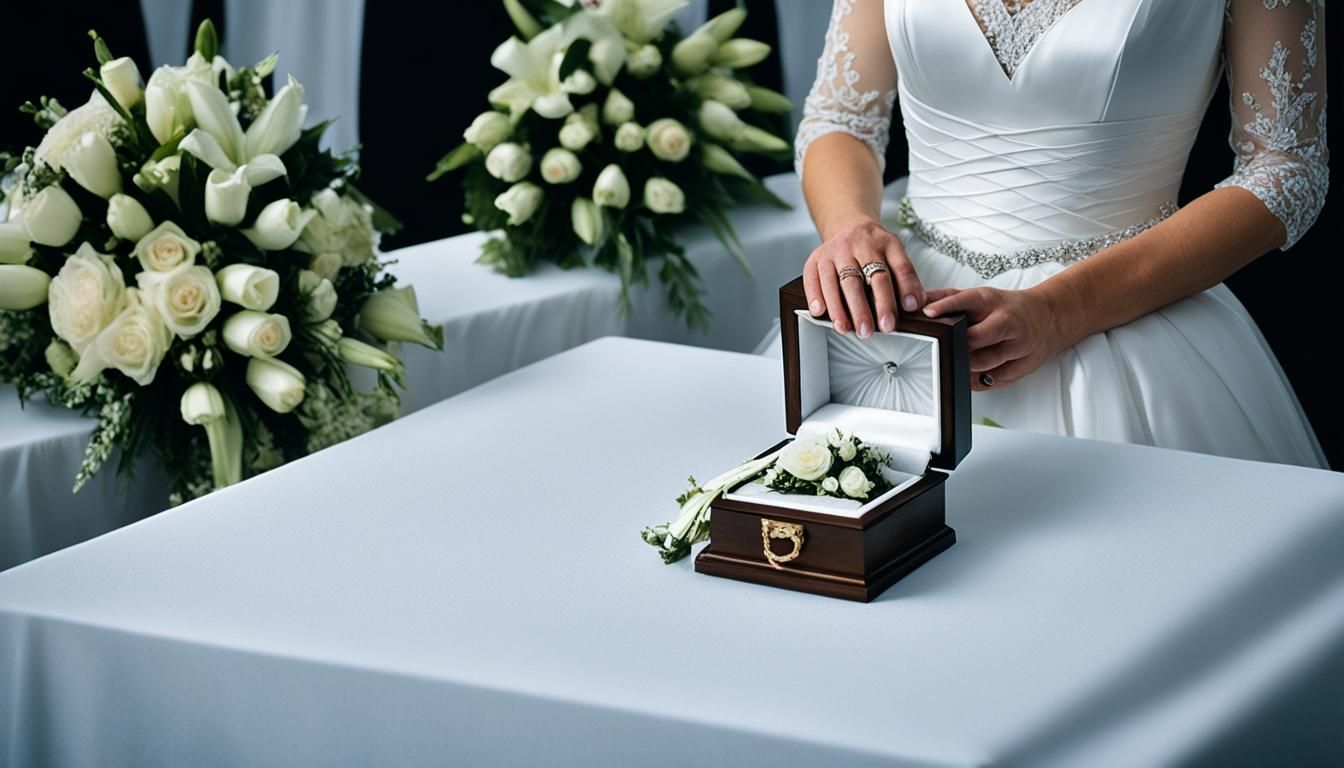Veterans' Guide: 3 Things to Know About End-of-Life Plans
Veterans' Guide: 3 Things to Know About End-of-Life Plans
Do you know what benefits veterans and their families have for end-of-life planning? It might seem hard to figure out. But, it's key to making sure our loved ones get the right support. And that our wishes are followed.
Our guide focuses on end-of-life planning for veterans. We show the main services and benefits the VA offers. These range from life insurance for families, Advance Care Planning (ACP) for future health choices, to survivor benefits for financial help. Understanding these can make planning less stressful. We also cover pre-need eligibility for burial in VA national cemeteries. This provides comfort and honors a veteran's service.
Key Takeaways
- VA offers Burial Benefits that help offset burial and transportation costs for a Veteran's remains.
- Dependency and Indemnity Compensation (DIC) supports eligible surviving spouses, dependent children, and parents of deceased Veterans.
- The Dependents' Educational Assistance Program provides education opportunities to eligible dependents of Veterans.
- The Marine Gunnery Sergeant John David Fry Scholarship offers financial support to surviving spouses or children of Service members who died on active duty after September 10, 2001.
- VA provides home loans to eligible unmarried surviving spouses under specific criteria.
- Advance Care Planning services are available to help veterans outline their healthcare preferences.
Understanding VA Benefits for End-of-Life Planning
End-of-life planning can feel like a lot, but the VA is here to help. They offer solid support to make sure veterans and their families are ready. You'll learn about life insurance, advance care planning, and benefits for survivors here.
Life Insurance Options
The VA offers great life insurance choices for different needs. Veterans under 81 with any disability related to service can get up to $40,000 in coverage. This is through VALife. Veterans over 81 need to meet extra rules for this. Also, VGLI lets veterans keep term life insurance up to $500,000. This helps keep their families financially safe even after leaving the military.
- VALife: Up to $40,000 coverage for veterans aged 80 or under.
- VGLI: Up to $500,000 in term life insurance.
Advance Care Planning
Advance Care Planning (ACP) is key, and the VA provides it. It lets veterans choose someone to make medical decisions if they can't. ACP makes sure veterans' end-of-life wishes are written down and followed. This brings comfort to veterans and their families. It's a must when looking into veteran hospice care and overall well-being.
Survivor Benefits
There are many benefits for survivors that give needed help after a veteran passes. DIC gives a monthly, tax-free amount to survivors like a spouse or child, if the veteran died from service-related issues. The Survivors Pension is a tax-free fund for low-income spouses or kids of veterans who died in wartime. The Month of Death Benefit and Burial Allowance help with funeral costs, aiding in veteran burial benefits .
The VA cares for 155 national cemeteries, offering burial benefits. These include a government headstone, military honors, and burial at sea. This honors the legacy of our nation's heroes.
| Benefit | Details |
|---|---|
| DIC | Monthly tax-free compensation to eligible survivors. |
| Survivors Pension | Tax-free monetary benefit for low-income, un-remarried surviving spouses or unmarried children. |
| Burial Allowance | Financial support to help cover funeral expenses. |
To wrap things up, the VA offers a lot of help to veterans and their loved ones. There are many life insurance options, advance care services, and survivor benefits. Using these VA benefits for end-of-life planning helps ensure veterans and their families have a safe and dignified journey to the end.
3 things veterans need to know about end of life arrangements
Knowing 3 key points about end of life arrangements is essential for veterans planning ahead. The Department of Veteran Affairs provides burial and funeral benefits. It's important to explore all options available.
For veterans, planning for the end of life includes setting up advance directives. These documents state your medical wishes if you can't speak for yourself.
The Importance of Advance Directives
Advance directives, like living wills and healthcare powers of attorney, are crucial. They ensure a veteran's medical wishes are known to family and doctors. This helps in making sure those wishes are followed.
The VA offers help with planning your healthcare wishes. Programs like the VHA Advance Care Planning via Group Visits let veterans discuss and document their wishes. This means veterans can make their future healthcare decisions known, with support.
It's also vital for veterans and families to know about burial benefits. The VA ensures spaces at national cemeteries for veterans, their spouses, and dependents. This benefit respects veterans' sacrifices, at no cost to their families.
Adding advance directives to your planning helps you and your family during tough times. By understanding key aspects of end of life planning , veterans can rest assured their final wishes will be honored.
Conclusion
We need to understand how vital it is to make careful choices about end-of-life planning for veterans. By using the wide range of VA benefits, veterans can make sure their legacy is respected. Their families will also get the support they need. Life insurance programs like VALife and VGLI offer big financial protections. Moreover, the Dependency and Indemnity Compensation (DIC) helps survivors with monthly, tax-free money.
Planning ahead for the end of life lets veterans tell others about their medical choices. They can use living wills and name someone to make health care decisions for them. This planning lessens the hard times for families when making critical choices. Also, the VA pays for burials in 155 national cemeteries. They work with others to provide burials in 121 Veterans cemeteries. This ensures respected burial choices.
The VA has many resources to help both veterans and their families. To learn more about these benefits, check out the VA's official news page and AARP's guide on VA burial benefits. We all should get ready for these important steps. It's key to honoring the service and sacrifice of veterans in the present and future.
FAQ
What are the life insurance options available for veterans?
Veterans have two main choices: Veterans Affairs Life Insurance (VALife) and Veterans' Group Life Insurance (VGLI). These options provide financial security for families. They also give veterans peace of mind about the future.
How can I plan my end-of-life care preferences?
The VA gives veterans tools to outline their end-of-life care wishes. Veterans can create living wills and choose a health care proxy with Advance Care Planning (ACP) services.
What survivor benefits are available for families of veterans?
Families of veterans may receive various benefits. These include Dependency and Indemnity Compensation (DIC), Survivors Pension, and a Burial Allowance. These benefits help families financially in a tough time.
How can I ensure my burial arrangements are handled appropriately?
Veterans can secure pre-need eligibility for burial in VA national cemeteries. This makes it simpler to plan funeral services and honors ahead of time. It ensures your wishes are honored and helps your family during a hard time.
How do advance directives help with end-of-life planning?
Advance directives like living wills and health care proxies share your medical wishes if you're unable to speak for yourself. They make sure your health care team and loved ones know and can follow your wishes.
What are the VA's Advance Care Planning Group Visits?
The VA's group program helps veterans talk about their health care wishes with others. It's a group setting with veterans, caregivers, and health professionals. It's a space for planning and sharing together.
How can I get more information about VA benefits for end-of-life planning?
For details on end-of-life planning benefits, veterans can visit the VA's official website or contact their local VA office. Information is available on hospice care options and burial benefits for veterans.
Source Links
- https://www.benefits.va.gov/BENEFITS/docs/VASurvivorsKit.pdf
- https://vets.franklincountyohio.gov/things-to-know-and-do-before-a-veteran-dies-(1)
- https://news.va.gov/118845/end-of-life-planning-with-va/
- https://benefits.va.gov/BENEFITS/benefits-summary/SummaryofVADependentsandSurvivorsBenefits.pdf
- https://www.dovetopeka.com/Blog/4159/veteranbenefits
- https://www.aarp.org/home-family/voices/veterans/info-2021/va-burial-benefits.html
